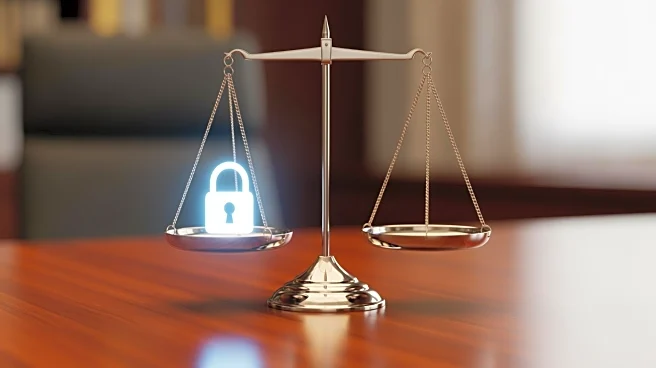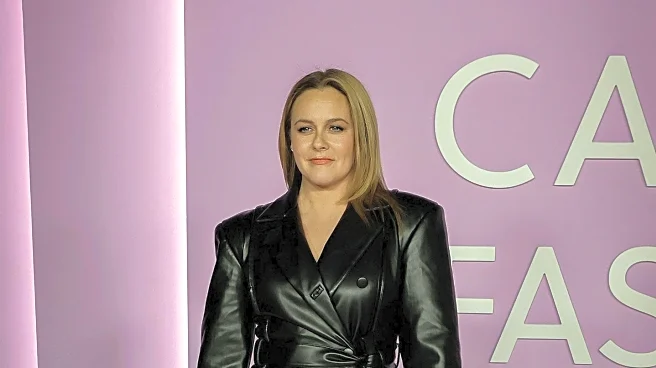What's Happening?
A recent article delves into the perspectives of straight men involved in age-gap relationships, revealing a range of experiences and opinions. The piece highlights the views of several men who are in relationships with
significantly younger women, discussing the dynamics and challenges they face. Some men express that these relationships are fulfilling and based on mutual respect and shared values, while others acknowledge potential power imbalances and societal judgments. Experts like psychotherapist Akua K. Boateng and dating coach Sabrina Zohar provide insights into the cultural and psychological aspects of age-gap relationships, emphasizing the importance of mutual consent and shared goals.
Why It's Important?
The discussion around age-gap relationships is significant as it touches on broader societal themes such as power dynamics, cultural norms, and personal autonomy. These relationships often face scrutiny due to perceived imbalances, yet they can also challenge traditional views on partnership and compatibility. Understanding these dynamics is crucial for fostering more inclusive and respectful societal attitudes. The insights from experts highlight the need for awareness and communication in such relationships, which can inform public discourse and personal decisions regarding romantic partnerships.
What's Next?
As societal norms continue to evolve, age-gap relationships may become more accepted, provided they are based on equality and mutual respect. Future discussions could focus on creating supportive environments for such relationships, addressing potential legal and ethical concerns, and promoting healthy relationship practices. Stakeholders, including relationship counselors and cultural commentators, may play a role in shaping these conversations and influencing public perceptions.
Beyond the Headlines
The exploration of age-gap relationships also raises questions about the influence of cultural backgrounds and personal experiences on relationship dynamics. It prompts a deeper examination of how societal expectations and personal values intersect in romantic partnerships. This discussion could lead to a broader understanding of diversity in relationships and the factors that contribute to their success or failure.









